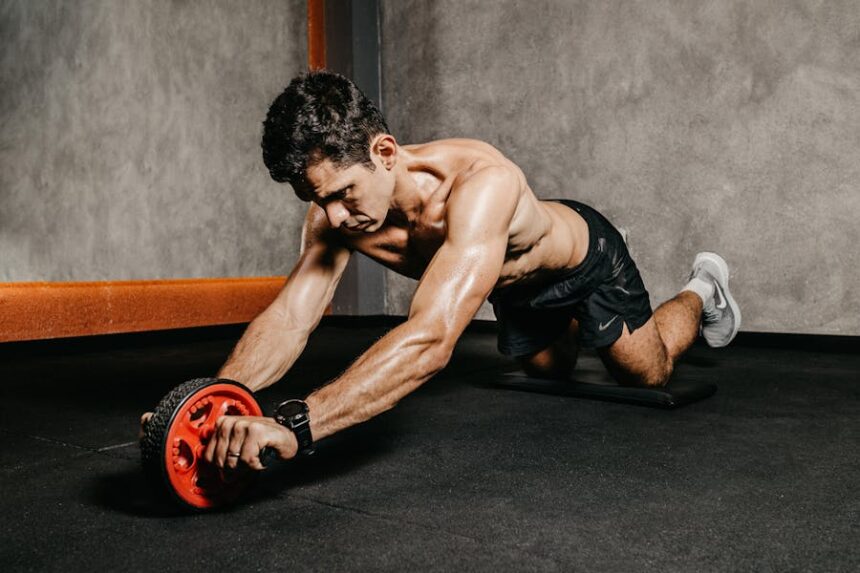Millions across the globe suffer from incontinence, 200 million people worldwide, to be precise. It can range from moderate to severe and, unless managed correctly, can affect your mental and physical well-being. Thankfully, simple lifestyle changes can help improve your bladder control or help treatments work optimally. The result? You enhance your quality of life.
In this handy guide, we delve into the causes of this condition, paying close attention to how diet and exercise can help or hinder incontinence. Read on to discover more.
What Causes Incontinence?
Firstly, let’s learn more about what causes incontinence. It affects both women and men, the young and the old. Recent surgeries, pregnancy, cognitive issues, a weak bladder, and age can cause it. Thankfully, there are numerous products on the market, including some of the best adult diapers, as well as a plethora of guidance, some of which we have touched on in this article.
Prevention of incontinence
To prevent incontinence, there are several things you can do:
- Embrace a diet high in fiber
- Invest in incontinence products, such as adult diapers, antibacterial wipes, and soothing lotions
- Stay hydrated
- Enjoy regular exercise (this doesn’t have to be strenuous)
- Embrace healthy lifestyle choices
- Practice hygienic and consistent toilet habits.
1. Embrace a Diet High in Fiber
To ensure your bowels stay healthy and regular, you should embrace a diet that is high in fiber. We can’t digest dietary fiber, which adds bulk to your stools. This helps to safeguard you against constipation. A diet low in fiber can lead to chronic constipation, which can cause fecal incontinence. Top tips for adding more fiber to your diet include:
- Ensuring you eat lots of wholegrains (such as brown rice, porridge, wholemeal bread and pasta, and pulses including beans and lentils)
- Avoid foods that are highly processed or refined.
- Add 25-30 grams of fiber to your diet daily for best results.
- Eat a minimum of five vegetables and two pieces of fruit per day.
2. Staying Hydrated Helps Prevent Incontinence
Not drinking enough water can lead to bladder irritation or constipation. To stop this from happening, you can do the following:
- Drink water at regular intervals rather than waiting until you feel thirsty.
- Drink more water on hot days and post-workouts
- Try to drink between six and eight glasses of water per day. Mix it up with non-caffeinated herbal teas or water flavored with natural fruit.
- Instead of downing a large glass of water, take smaller sips and spread these out throughout the day.
- Avoid fizzy drinks and coffee; both can irritate your bladder.
One easy way to check whether you’re well hydrated is to analyze the color of your urine. It should be pale yellow as opposed to dark yellow. Keep in mind that certain vitamins and medications can affect the hue.
3. Enjoy Regular Exercise
Exercising regularly helps to safeguard you against constipation. How? By stimulating your bowel’s muscular activity. On top of this, physical activity helps you to maintain a healthy weight, which prevents any unwanted pressure on the pelvic floor. There are many ways to add exercise to your diet; these include:
- A brisk, short walk each day – making this the same time every day will encourage a routine
- Join a yoga or Pilates studio – group activities tend to offer more motivation
- Embrace pelvic floor exercises. These can be done daily via online tutorials at home. Numerous factors affect our pelvic floor muscles, including chronic cough, pregnancy, obesity, childbirth, high-impact exercise, and heavy lifting.
4. Medicine Management
Some medicines, particularly those taken to control high blood pressure, water pills, heart medicines, muscle relaxants, sedatives, antihistamines, and antidepressants, can all play havoc when it comes to controlling your bladder. If you‘re struggling to hold your urine, you should make an appointment with your healthcare provider.
5. Cut out Nicotine
If you’re a heavy smoker, try to cut down or, better still, quit altogether. Smoking can often lead to bladder-controlled issues and prolonged or heightened incontinence problems. This is down to the common smoker’s cough. Regular coughing can put unnecessary pressure on your bladder, making it harder to remain in control. This can lead to embarrassing and unwanted accidents, especially when not wearing protection.
The Bottom Line
A healthy lifestyle, good food choices, regular exercise, and weight control are all factors affecting adult incontinence. Following the above tips and tricks will assist you in managing this condition, allowing you to fully embrace life. All without unwanted interruptions.
From watching online tutorials to speaking to your doctor or a nutritionist, plenty of advice and guidance surrounds incontinence. All of the above can easily be integrated into your current lifestyle, and many can be completed in the comfort of your home.
For best results, embrace a healthy diet and lifestyle now. This will prevent problems from occurring later down the line. If in doubt, speak to a specialist before trying a new routine. Just remember, incontinence is not a normal part of aging; it can be treated, and you don’t have to put up with it.




